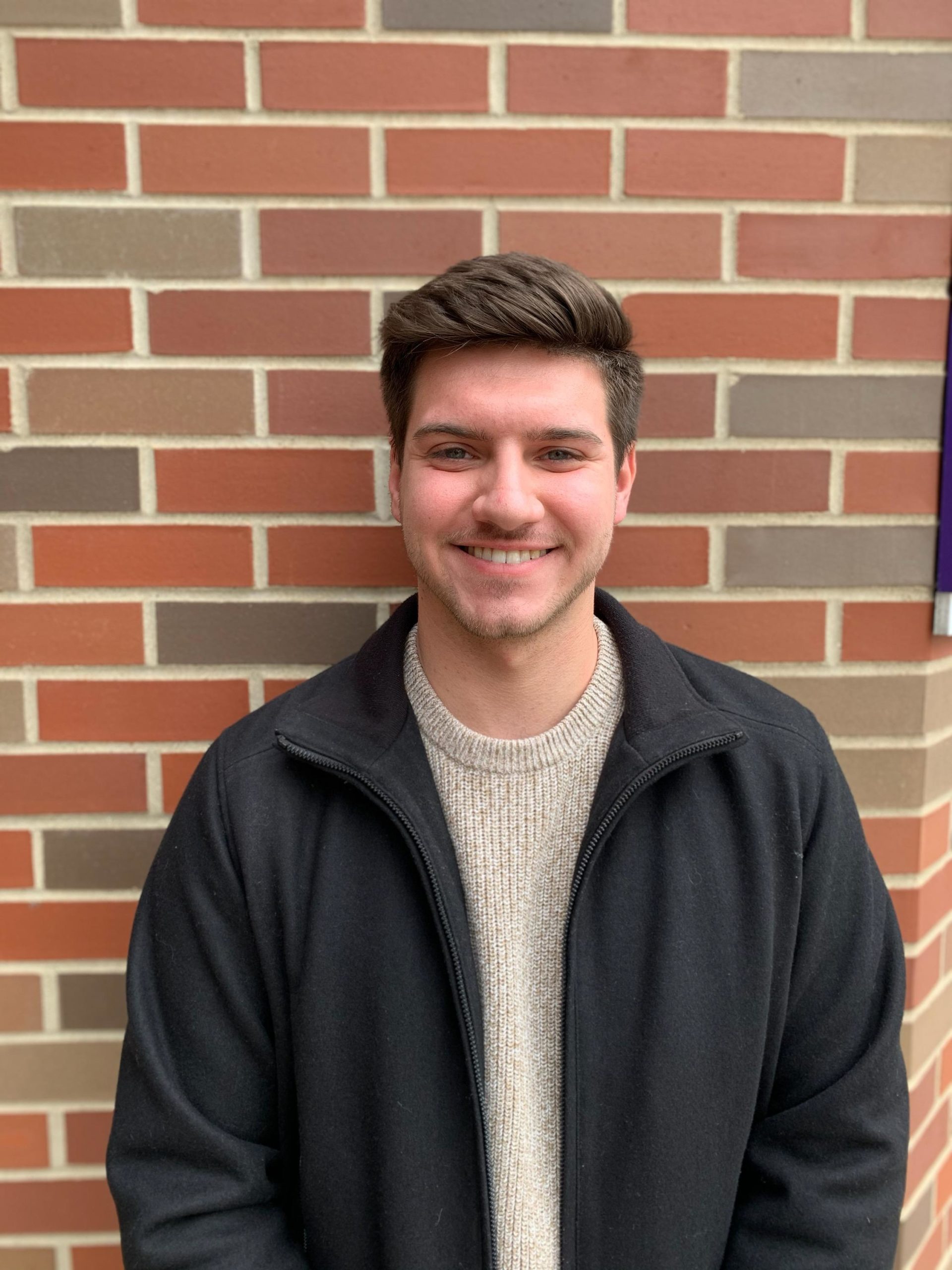(Featured image by Josh Conturo)
Pretty much every college student has had an experience with the admissions department at some time in their college career. Especially students at Capital University.
The admissions office has a hand in far more than just sending emails, college visit days at high schools, and giving tours across campus.
Now that the undergraduate admissions department has a new captain at the helm, there are plans to make the department even more welcoming to new students and returning ones alike.
The first goal that is being put in place under the new leadership is to give the admissions staff members some extra attention. Emily Ragland, the director of undergraduate admissions said, “one of my goals is to be sure that I provide the best [initial] training, ongoing training, and support for my admission counselors to be able to perform their role.”
Another goal is to work towards access. Access in this case, refers to connecting people to a college education.
Ragland said, “that is a goal of mine as well, to do more outreach to community organizations and really those groups of people who are in communities working with students hands-on…[like]community centers, coaches…anybody that has a direct connection to high school students.”
Another example of this increase in access to Capital University is the streamlining of the process of international students coming to Capital. This is being done by “partnering up with the Center for Global Education, so Jennifer Adams and her team,” Ragland said.
This helps the process by giving more sets of eyes on the issue. Specifically, the eyes of admissions, whose jobs it is to bring in students, and the Center for Global Education, who will largely be the ones working with international students.
Additionally, admissions and financial aid, among other departments, are working together on the process of enrollment. Essentially, admissions promotes interest in Capital, Financial aid obviously works with the financials.
Then, departments like integrated marketing and communication help with the nuts and bolts. For example, work on the website, sending emails, and putting together pamphlets that go out to potential students.
Ragland has hands-on experience working in the admissions department, as well. She worked in the admissions office during all four years as a student at Capital, giving tours and meeting with families.
Afterwards, she worked at non-profit organizations that had a direct link to admissions to various universities.
“I think [director of admissions is] a good fit because it is my passion. It is a good fit because it is the work I feel called to do. I think that it is not just a job; it really feels like it is a vocation,” Ragland said.
There are also plans to expand admissions beyond its current size. Ragland said, “we are in the midst of trying to do a huge hiring of student workers.” The reasoning behind this is the admissions office depends on the work that students put into it.
When COVID-19 hit Capital and everyone had to go home last spring; that caused the student workforce in admissions to diminish in size. Now that Capital’s campus is beginning to open back up, there is less reason to have a relatively limited number of students working in admissions.


